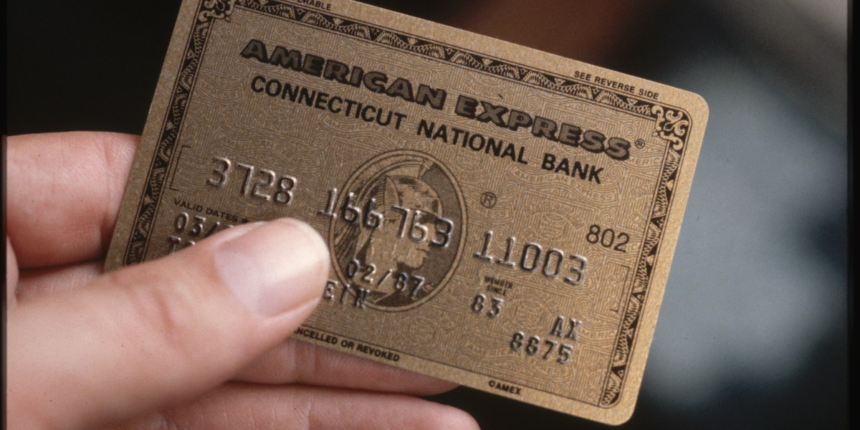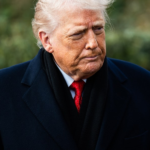“It’s like a needle pin holding back a crack in the dam,” said Keeley, who runs Keeley Electronics, a guitar-pedal manufacturer with 35 employees in Oklahoma City.
Keeley’s scramble is part of a broader reckoning for America’s smaller businesses, which are being whipsawed by volatile trade policies. Another blow could land on July 9, the deadline President Donald Trump has imposed on other countries to secure trade deals with the U.S. to avoid higher tariffs.
Among those feeling the pressure are a tight-knit group of guitar-pedal manufacturers like Keeley, who run boutique businesses that build the stomp boxes that shape the sound of music. The niche industry offers a window into the economic toll of tariff whiplash on smaller firms.
To survive, pedal builders are doing something unusual in a competitive business: turning to one another for help.
The alliance was started by Julie Robbins, 46, chief executive officer of EarthQuaker Devices in Akron, Ohio. To avoid layoffs among her 35 workers, Robbins tapped the company’s credit line. But she fears that strategy won’t hold and is considering moving some production overseas — a painful twist, given the tariffs were meant to bring jobs home.
But small manufacturers tend not to have the deep pockets or flexibility needed to rebuild supply chains. Many, like EarthQuaker, rely on imported components. The company sources circuit boards, resistors and transistors from China for pedals used by bands including the Black Keys and Guided By Voices.
In early May, as tariff rates spiked, nearly 50 people joined the second meeting of the Pedal Builders Support Group, double the turnout of its inaugural call. The rules were clear: no talk of pricing or anything that could be considered collusion. One participant joked that the group sounded like a mini-OPEC.
“OPEC jokes are fine,” Robbins quipped.
Soon, the conversation turned personal.
“I’ve gotten to the point where my slush funds are all gone, and I still am facing several tariff bills coming up,” said Cusack, whose 30-person company had revenue of $3.9 million last year. “Can we survive three months, six months, you know, a year? My next step is to mortgage the house, and I really don’t want to do that.”
“That is not a viable option and would push our prices up far beyond what the market will bear,” she said. “And that is just one of the components that we use.”
During the Pedal Builders Support Group’s next Zoom meeting, EveAnna Manley, president of Manley Laboratories Inc., shared her own cost-cutting tactics. Her Chino, California, company makes pre-amplifiers, equalizers, microphones and other equipment for recording studios.
“We put all our employees down to 30 hours a week, and that’s the baseline they can stay at and still keep their health care,” said Manley, 56. With the factory now only open Monday to Wednesday instead of five days a week “we can save a few dollars on air conditioning,” she said.
Keeley shared his own story in the group’s message thread, explaining how he used Amex credit-card points to pay May and June tariff bills totaling $10,987.48 on circuit boards from Golden Shine Electronics (Weng Yuan) Co. in China and other imported components shipped via DHL.
“I wanted to share the only ‘play’ I had in combating the tariffs,” Keeley, 55, wrote the group in mid-June.
At a follow-up Zoom meeting the next week, frustrations boiled over. For nearly two hours, participants exchanged ideas on how to raise awareness about the impact of tariffs on small U.S. manufacturers.
“They are just convinced that we can just start building transistors and resistors and inductors and capacitors,” Cusack said. “I’m supposed to be able to become an expert in every single one of those fields and manufacture all of my own products? They don’t understand what it takes to do all of that.”
Robbins agreed that the perception gap has made it harder to get traction with lawmakers and the public.
“I don’t think any of us are willing to go down without a fight,” she said. “And I think we all view this as, you know, a threat to our survival.”









